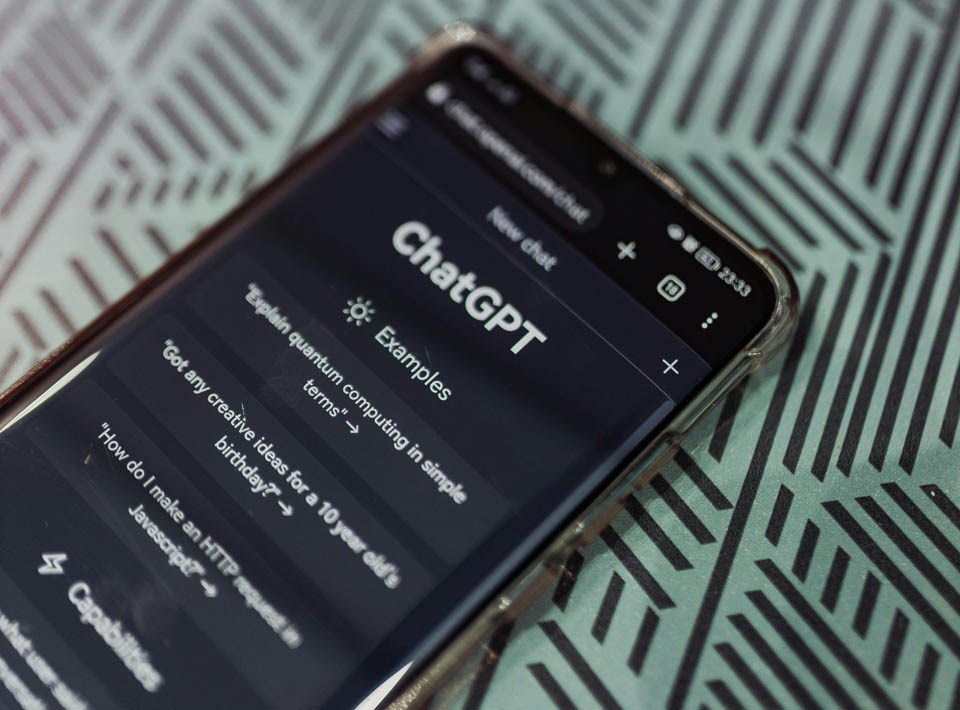If you've been following the The New York Times Company v. Microsoft Corporation (1:23-cv-11195) case, you may wake up this morning worrying that New York Times lawyers will soon comb through your late‑night ChatGPT confessions. Breathe easy – they almost certainly will not.
I'm not a lawyer, but here's what I've learned about the case. On May 13, U.S. Magistrate Judge Ona T. Wang ordered OpenAI to preserve every consumer‑tier chat log, including conversations users already deleted or asked to delete. The order responds to the Times’ copyright lawsuit and blocks OpenAI’s standard 30‑day deletion cycle until further notice.
According to one of my favorite risk and compliance attorneys, preservation is not the same as production. To see any content, the Times must serve targeted discovery requests, demonstrate that a specific slice of data is relevant and proportionate, and clear the court’s privacy safeguards. Judges routinely narrow over‑broad demands, and sanctions loom for fishing expeditions.
Scale is another brake. OpenAI hosts “many, many billions of conversations,” according to the court record. Only logs that reproduce significant chunks of Times text could matter to the case. The statistical odds that a random chat qualifies approach zero.
OpenAI has isolated the preserved data behind a legal hold. Access is restricted to a “small, audited” internal legal and security team, and any hand‑offs must follow strict protective orders.
Most businesses are unaffected. ChatGPT Enterprise, ChatGPT Edu, and API customers with Zero Data Retention agreements remain outside the court order.
If you read the documents, the lawsuit requires OpenAI to preserve more data, not hand it over. Unless your prompt reproduced large blocks of Times journalism, your chats will stay private. Again, I’m not a lawyer (if you’re concerned about your use of AI, you should talk to one), but it’s a mistake to let clickbait headlines obscure how narrow and rule-bound this process really is.
As always, your thoughts and comments are both welcome and encouraged. -s
About Shelly Palmer
Shelly Palmer is the Professor of Advanced Media in Residence at Syracuse University’s S.I. Newhouse School of Public Communications and CEO of The Palmer Group, a consulting practice that helps Fortune 500 companies with technology, media and marketing. Named LinkedIn’s “Top Voice in Technology,” he covers tech and business for Good Day New York, is a regular commentator on CNN and writes a popular daily business blog. He's a bestselling author, and the creator of the popular, free online course, Generative AI for Execs. Follow @shellypalmer or visit shellypalmer.com.




